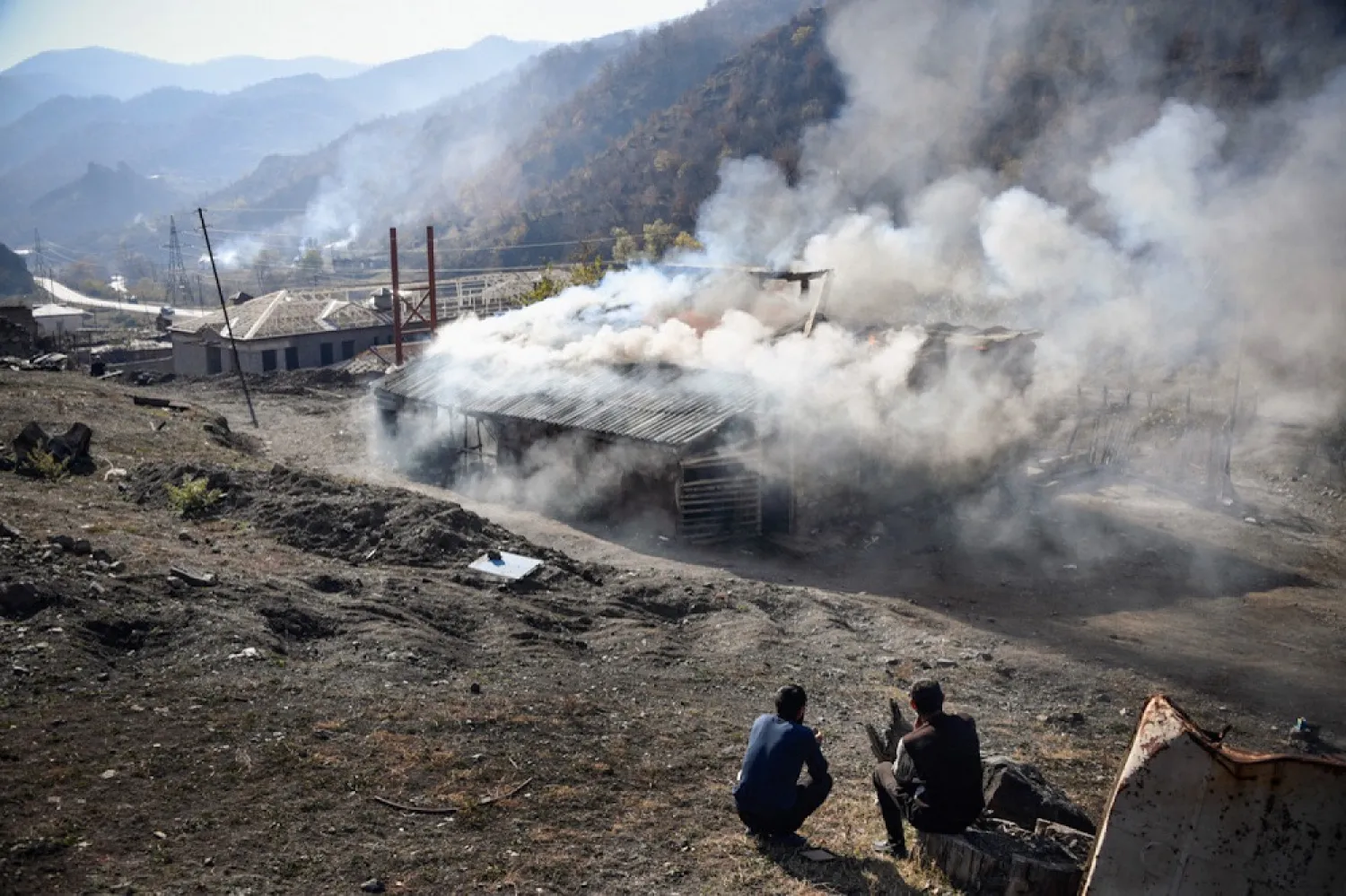Turkey's parliament on Tuesday approved the deployment of troops to join Russian forces at an observation post in Nagorno-Karabakh after Armenia and Azerbaijan signed a Russian-brokered ceasefire deal to end fighting over the enclave.
The mandate will allow Turkish troops to be stationed at the center for one year as part of an accord between Ankara and Moscow to monitor the implementation of the ceasefire, which locked in territorial gains by Azerbaijan. Some 2,000 Russian peacekeeping troops are now also deploying to the region.
In a letter to parliament asking for the mandate's approval, President Recep Tayyip Erdogan said the presence of Turkish troops and, "if needed, civilian personnel from our country, (will) be to the benefit of the peace and prosperity of the regional people, and necessary for our national interests".
The ceasefire signed on Nov. 10 halted military action in and around Nagorno-Karabakh, internationally recognized as part of Azerbaijan but populated by ethnic Armenians, after the worst fighting in the region since the 1990s.
Turkey has accused Armenia of occupying Azeri lands and pledged solidarity with its ethnic Turkic kin in Azerbaijan.
Ankara has blamed the Minsk group - formed to mediate the conflict and led by Russia, France and the United States – of freezing the issue for nearly 30 years.
A Russian military delegation held talks in Turkey last week to discuss the parameters of the Turkish-Russian center. Turkish Defense Minister Hulusi Akar said on Tuesday Ankara and Moscow's cooperation would continue.









